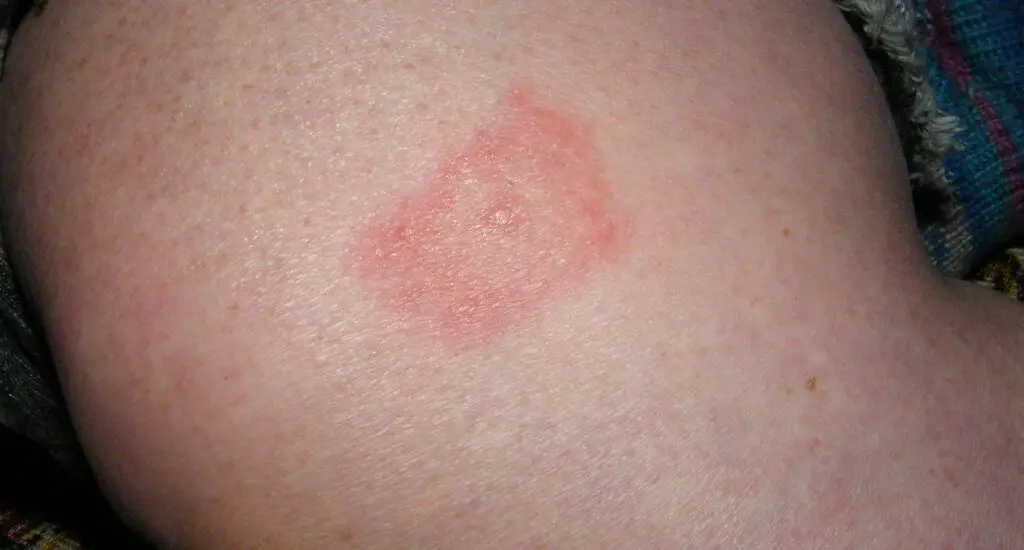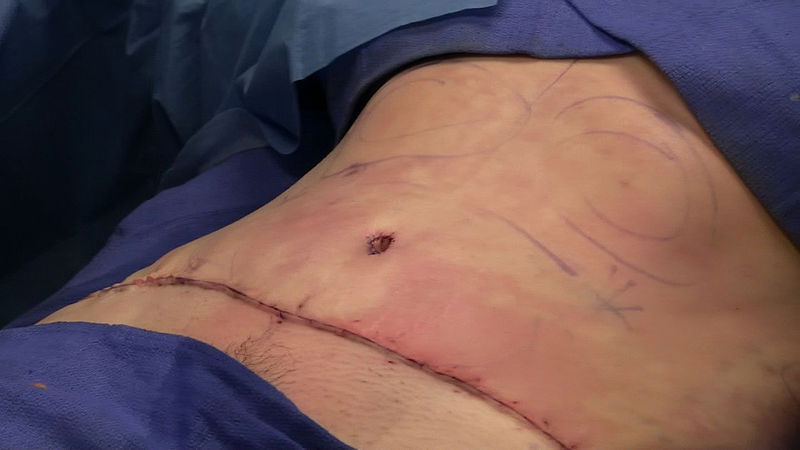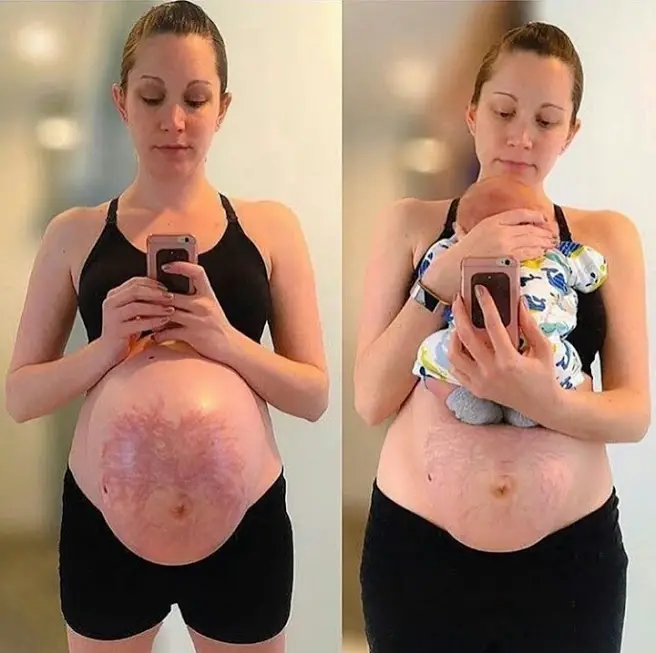Ticks are bugs that commonly live in grassy areas. While they are usually harmless, a tick bite may be dangerous if you are allergic. Learn how to treat skin after a tick bite.

Table of Contents
What Does Skin Look Like After a Tick Bite?
The appearance of the skin after a tick bite will vary from one person to another. The reason is that immune systems react differently. So while one person has a tiny red bump after a tick bite, another person may have a red patch accompanied by itching.
Some people react severely to tick bites, causing rashes on their skin. If you notice a rash after a tick bite, you likely have an allergic reaction and should seek medical attention immediately.
Truth is, a tick bite is usually not fatal or harmful. In some cases, you won’t even be able to tell whether or not you have a tick bite. The skin may look like some other insect bit you. All you may feel is a light itch and have a red bump, too small to bother you.
Ticks tend to latch onto the skin and stay there for days, feeding on blood. And the longer they stay, the more blood they suck, increasing the risk of disease transmission. And the bigger they get. If you suspect you have a tick bite, look on that skin area to find the bug. Some are no larger than pin-heads, while some are bigger.
Severe Cases
Ticks can cause Lyme disease. If you notice a circular rash on your skin, which spreads outwards and has a darker red rash at the center, looking like a bullseye, you may have Lyme disease resulting from a tick bite. You will know for sure if the rash is accompanied by chills, a fever, tiredness, body aches, a headache.
However, it is not every tick that carries Lyme disease-causing bacteria. Others may transmit a microbe that causes a fever where a speckled rash appears on the ankles and wrists.
How to Treat a Rash from a Tick Bite
If you notice you have a rash after a tick bite, see a doctor immediately. You may have contracted Lyme disease. Catching the disease early makes treating it easier. With the right antibiotics, the rash will resolve within one to two weeks.
Take care with self-medication. It is best to follow a prescription given by a doctor than to use drugs you self-prescribe. Antibiotic treatment will only work if the right type is used based on the body area with the rash. In some cases, you may even need intravenous medication to treat the infection.
What to Put on Skin After a Tick Bite
Finding and removing a tick from your skin is a crucial step to treating a tick bite. When you find yourself continuously itching at a spot on your skin, take a look at the spot. If it is a tick, it is most likely still attached to your skin.
If you find the bug, pull it off with a pair of tweezers. You may not be able to remove it with your hand because ticks latch on tightly with inward-curving teeth, making it difficult to remove them.
After removing the tick, take a close look at your skin to see whether or not any part of the bug is left on your skin. If there is, remove the pieces. Afterward, clean the area with clean water and rub iodine, rubbing alcohol, or an alcohol-based sanitizer on it.
You must keep the tick you removed from your skin; don’t squash it or throw it out. Kill it by immersing it in the alcohol you rub on your skin. Ensure it is dead before you remove it and store it in a tightly-sealed container. Visit a doctor with the tick to determine if you need further treatment considering the tick species that bit you.
Does a Tick Bite Cause a Bump?
A tick bite may cause a small red and hard bump to appear on your skin, even if there is no accompanying disease or infection. You may also notice some swelling and redness in the area. However, the bump tends to resolve after a couple of days. But the bump won’t have pus or any other kind of fluid in it. If it does, you need to see a doctor.
Click here to read these interesting articles…
Skin After Weight Loss [Problems & Solutions]
Skin After Acne [Problems & Solutions]
Skin after a Chemical Peel [Problems & Solutions]
Skin After Allergic Reaction [Problems & Solutions]
After Skin Needling [Problems, Solutions & Care]
Bottom Line
A tick bite is usually not a cause for alarm. And caring for your skin after a tick bite is pretty easy. But if you are concerned there is more attached to it, or you have an allergic reaction, see a doctor immediately.
Remember: do not self-medicate if you have a rash on your skin after a tick bite. Antibiotic treatments are body area-specific, so only a doctor will know what you need.

